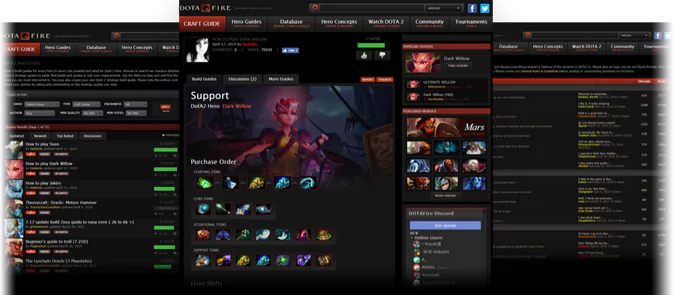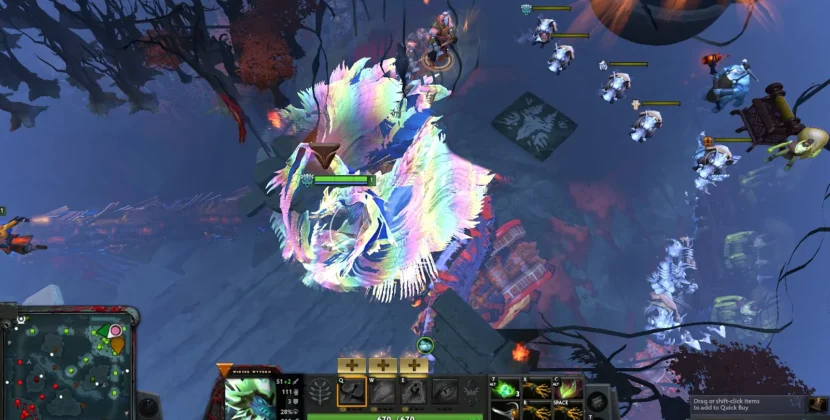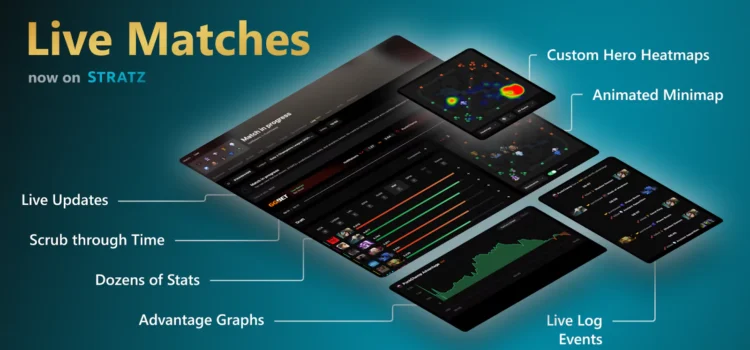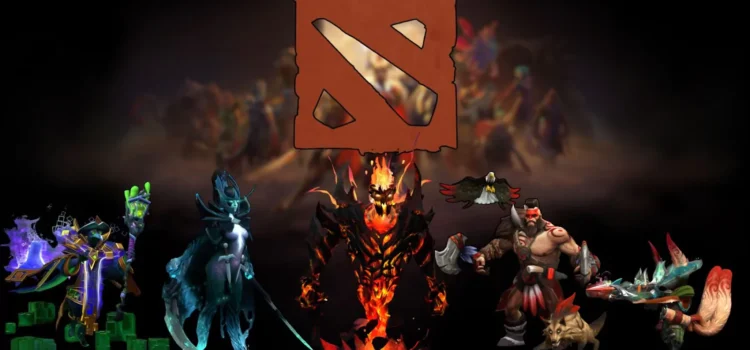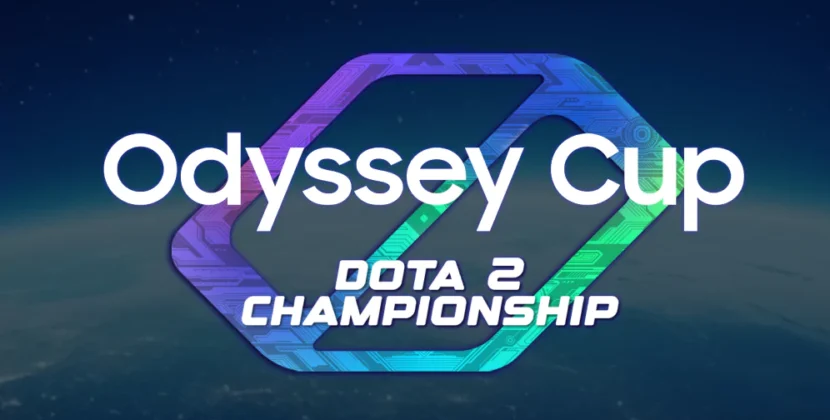
When you decide to follow live stats for Dota 2 matches, it’s important to consider certain features when selecting the right live score service:
- Real-Time Updates – The most critical factor to evaluate in a Dota 2 live score service is the frequency and accuracy of real-time data updates. These updates should reflect the ongoing events of the match without delay, allowing users to stay informed as the action unfolds.
- Detailed Match Statistics – A comprehensive live score service should offer detailed match statistics. This includes not just scores, but other relevant data, such as player performance, objectives completed, and other key in-game events that paint a fuller picture of the game.
- Notifications for Upcoming Matches – Another beneficial feature is the ability to set up notifications. With these alerts, users can receive reminders of upcoming Dota 2 matches or tournaments, ensuring they never miss a match they want to follow.
Advantages of Using Dota 2 Live Score Services
Dota 2 live score services offer several key advantages for fans and bettors alike:
- Instant Match Results – Thanks to modern technology, users can quickly access Dota 2 live scores simply by visiting a website. This gives immediate access to results without needing to watch a match live, which is especially useful during high-paced tournaments like The International.
- Improved Viewing Experience – Live statistics can enhance your viewing experience. Dota 2 matches are known for their rapid pace, and it can be difficult to keep track of every important event. Live score services address this by offering real-time insights and stats that help viewers stay on top of the action.
- Informed Betting – For bettors, live stats can be a powerful tool. Dota 2 live score services provide detailed performance information, allowing bettors to make more informed decisions during live betting, a crucial aspect when odds shift quickly.
Common Issues with Live Scores and How to Address Them
While Dota 2 live score services offer numerous benefits, users may face occasional issues that affect their overall experience. Below are some common problems and solutions:
- Delayed Updates – One of the most common issues is delayed updates. This can occur due to broadcast lags, often implemented as a precaution to prevent match-fixing. While this delay is frustrating, it is a necessary measure for ensuring the integrity of competitive play.
- Inaccurate Scores – Occasionally, the scores provided by live score services may not be accurate. This can happen especially in matches involving lesser-known teams. To avoid this issue, it’s advisable to rely on reputable sources and cross-check data when possible.
- Connectivity Problems – Connectivity issues can disrupt access to live scores. If you experience delays or can’t load data, try the following:
- Check your device’s internet connection.
- Clear your browser cache to remove old files that might be slowing down your connection.
- Restart your router to improve network speed.
Types of Dota 2 Match Formats
Dota 2 matches are often played in different formats, depending on the stage of the tournament. These formats include BO2 (Best of 2), BO3 (Best of 3), and BO5 (Best of 5), each with its own characteristics:
- BO2 (Best of 2) – This format involves two games between the teams or players. It is typically used in group stages to determine standings. If the match ends in a tie (1-1), both teams receive one point, maintaining fairness in the ranking system.
- BO3 (Best of 3) – BO3 is one of the most widely used formats, particularly in playoff stages. In this format, the first team to win two out of three games is declared the winner. This format helps to more accurately assess the strengths of the teams, as it minimizes the impact of any random factors or lucky plays.
- BO5 (Best of 5) – The BO5 format is reserved for finals or championship matches. It requires teams to win three games out of a possible five. This format provides more opportunities for strategic adjustments and showcases the teams’ resilience and adaptability over a longer series, offering viewers a more thrilling and suspenseful experience.
Each of these formats has its own advantages and challenges, but all are designed to ensure that the most skilled team or player wins, while offering a competitive and engaging viewing experience.
In conclusion, Dota 2 live score services play a vital role in enhancing the fan experience. They provide real-time data, detailed match insights, and help bettors make informed decisions. By understanding the features and potential challenges associated with live score tracking, users can maximize their engagement with Dota 2 tournaments and matches. Whether you’re watching for fun or betting on the outcomes, a reliable live score service is an indispensable tool for staying up-to-date on all the action.

